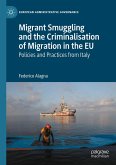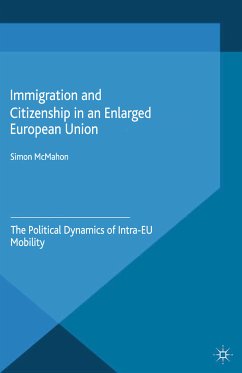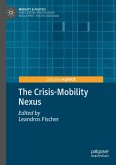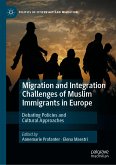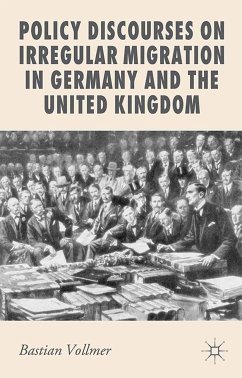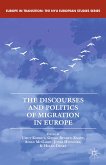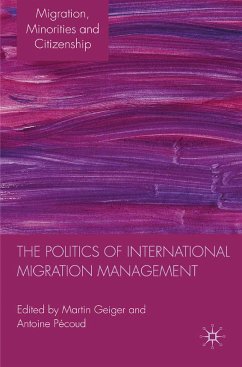"EU migration policy has generally followed a logic of deterrence and criminalization. Irregular migrants to all but two EU countries are subject to significant criminal penalties, including incarceration. Matilde Rosina shows convincingly in this pathbreaking and carefully documented analysis of Italian and French migration policies that criminalization imposes cruelty and hardship on migrants but does not reduce migration. Establishing increased legal pathways would not only prevent unnecessary suffering for migrants but also benefit receiving countries."
- Alan Cafruny, Henry Platt Bristol Professor of International Relations, Hamilton College, USA
This book explores the criminalisation of irregular migration in Europe. In particular, it investigates the meaning, purpose, and consequences of criminalising unauthorised entry and stay. From a theoretical perspective, the book adds to the debate on the persistence of irregular migration, despite governments' attempts at deterring it, by taking an interdisciplinary approach that draws from international political economy and criminology. Using Italy and France as case studies, and relying on previously unreleased data and interviews, it argues that criminalisation has no effect on migratory flows, and that this is due to factors including the latter's structural determinants and the likely creation of substitution effects. Furthermore, criminalisation is found to lead to adverse consequences, including by contributing to vicious cycles of irregularity and insecurity.
Matilde Rosina is Fellow in International Migration at the European Institute of the London School of Economics and Political Science, UK. Her research focuses on irregular migration, with specific reference to the European context. Matilde obtained her award-winning PhD in International Political Economy from King's College London, having received scholarships from the Luigi Einaudi Foundation and the Jean Monnet Foundation for Europe. Before joining LSE, Matilde lectured at City, University of London, and at Fordham University.
Dieser Download kann aus rechtlichen Gründen nur mit Rechnungsadresse in A, B, BG, CY, CZ, D, DK, EW, E, FIN, F, GR, HR, H, IRL, I, LT, L, LR, M, NL, PL, P, R, S, SLO, SK ausgeliefert werden.



